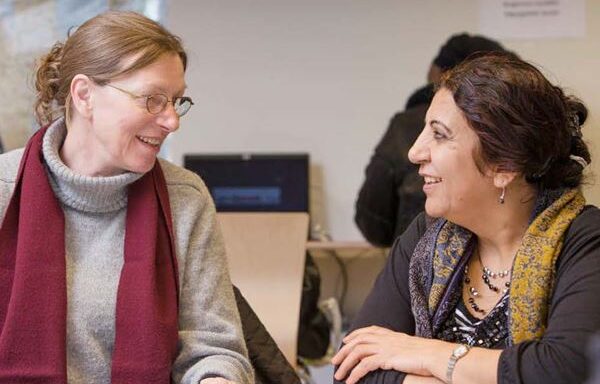Researchers from the University of Copenhagen have developed the world’s more secure marking system, which could potentially end the counterfeiting of any product.
The system, which could hit the market in a year, is unable to be hacked as it is based on markings that are random.
“The system, which deploys three rare earths among other things, is based on randomness, which makes it unable to be hacked or tampered with”, said Thomas Just Sørensen, one of the researchers behind the system.
“As soon as a customer asks that an authorised dealer checks up on a piece of merchandise that was meant to be marked using the system, an expensive wrist watch for example, the dealer can access a manufacturer database to check its authenticity.”
READ MORE: Copenhagen Airport confiscated over 50,000 counterfeit products
Trillions at stake
The likelihood of two products being marked by the system, and having the same digital key, is so minute that it can be considered non-existent.
The University of Copenhagen has patented the security system, and the researchers are working to fine-tune scanning solutions that will allow production companies to utilise it.
The cost of the marking system is expected to be minimal – probably not much more than one kroner per item – although there will be other expenses attached regarding data systems.
Companies across the world suffer huge losses every year due to counterfeiting. It is estimated that counterfeit goods make up about 7 percent of world trade – somewhere in the vicinity of 250 billion US dollars annually.

















